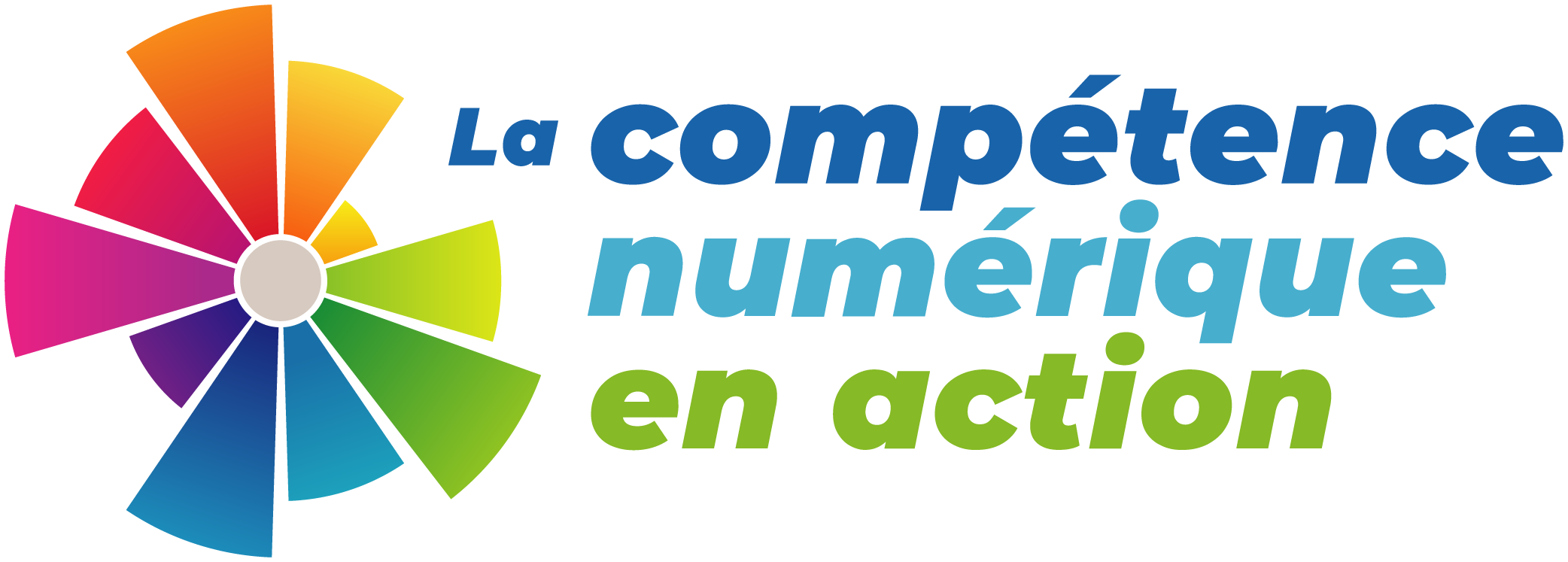Handout: C.R.A.P. Test
An website evaluation tool for secondary students.
Evaluating Information – The CRAAP Test
Information on “why we must check a websites for currency, relevancy, authority, accuracy and purpose.”
Exploring Literacy in Cyberspace
Students “become aware of the analytical skills that they commonly use when reading and how they might transfer these skills, along with some other strategies, when navigating and reading online texts.”
True or Alternative Facts Classroom Activity
“Students are asked to analyze satirical and actual news stories. Students will then produce a satire and genuine blog post about a recent news item. “
Thinking about Hate
“Students develop their critical thinking skills by learning to recognize various types misinformation used to encourage hatred and intolerance.”
Bias in News Sources
“Students evaluate a variety of news sources with regards to the degree of bias and then demonstrate their understanding of the concept by creating an intentionally biased news report.”
Doubt It or Trust It?
“Test yourself on these stories — some are the real deal, and some are misleading, questionable, or just plain false.”
Website Checklist
A printable checklist to help evaluate the initial content of a website.
Study Blames YouTube For Rise in Number of Flat Earthers
Conspiracy theories shown on video- “Sharing sites persuade people to doubt that Earth is round.”
Life Hacks With Energy Drinks That You Never New Existed (Parody Magic Hacks from Rick Lax)
An example of hoax Youtube ‘hacks’ video.
Save the Pacific Northwest Tree Octopus
An example of a hoax website.
Using Critical Thinking to Find Trustworthy Sites
Information about “students learning how to evaluate informational websites in the classroom”
Visit resource >>
Critical Evaluation of a Website for Secondary
A worksheet to help guide students through the website evaluation process.
Who Can you Trust?
A checklist for evaluating the reliability and credibility of websites.
Fact of Fiction: How to Know What to Believe Online Classroom Activity
“Students will discuss and practice looking at various websites and decide if it presents valid information.”
Vinz and Lou on the Internet – Net of Liars
Learn about website evaluation.
The Inquiry Process, Video 3 – Evaluate
“The third step of the inquiry process model.”
Authentication 101
This tip sheet focuses on what individuals can do to recognize false content online.
CIVIX Explains: Information Pollution
Learn about disinformation and misinformation.
Check the Claim
Learn about checking the sources of information and photos.
Break the Fake
“A collection of lesson plans and resources on how to evaluate information online.”
Teaching TV: Learning With Television
“Students will become aware that they can derive information from media products, identify and use information derived from the media, identify and use information derived from television, recognize which TV programs provide information and learning.”
Animal Study: From Fiction to Facts
” This lesson describes how to use selected fiction and nonfiction literature and careful questioning techniques to help students identify factual information about animals.”
15 Ways To Use Twitter In Education (For Students And Teachers Alike)
How to Use Twitter to Search for Educational Content.
The Public Domain Review
“A website that features collections of images, books, essays, audio recordings, and films that are in the public domain. “
Photos for Class
“A searchable collection of Creative Commons images that is safe for students to use and provides the appropriate Creative Commons attribution in a watermark for citing.”
Purple Planet Royalty-Free Music
A search engine to find “Royalty free music to use in projects” .
Creative Commons
A search platform that allows users to search for content that can be reused, remixed and reshared.
30 Of The Best Digital Collaboration Tools For Students
“Student-To-Student & School-To-School Digital Collaboration: 30 Of The Best Digital Collaboration Tools For Students”
BookCreator: Create, Read, Publish
Weekly webinars, implementation plans, lesson plans, student created books and more!
Ideas for Using Pear Deck in The Classroom
“Pear Deck is a tool for adding interactive and engaging lessons into your classroom.”
10 Ideas For Using Technology To Teach Writing
“There are a variety of tech tools and methods out there for teaching writing that can make the process easier and more fun for both teachers and students.”
Publish a Digital Magazine
“Students take the lead and design and create their own digital magazine.”
Up Your Exit Slip Game with Padlet
“Students can post and view content as a way to reflect on their learning. Up engagement, up the technology, Up Your Exit Slips!”
Using Instagram to Teach Poetry
“The genre of Instapoetry can be a useful tool for engaging students and improving their literacy and media literacy skills.”
K-W-L Creator
“K-W-L charts have been widely used to help students prepare for reading by organizing what students know (K) and want to learn (W) before they read and then reflecting on what they learned (L).”
Newseum Online Tool
Lesson plans provided by the Newseum on current events and history.
DuckDuckGo
“A user-friendly search engine that does not keep track of searches and promotes online privacy.”
Newsela
“Newsela is a news and nonfiction website that adapts its content to the reading level of students while empowering them to adjust the complexity of the text.”










